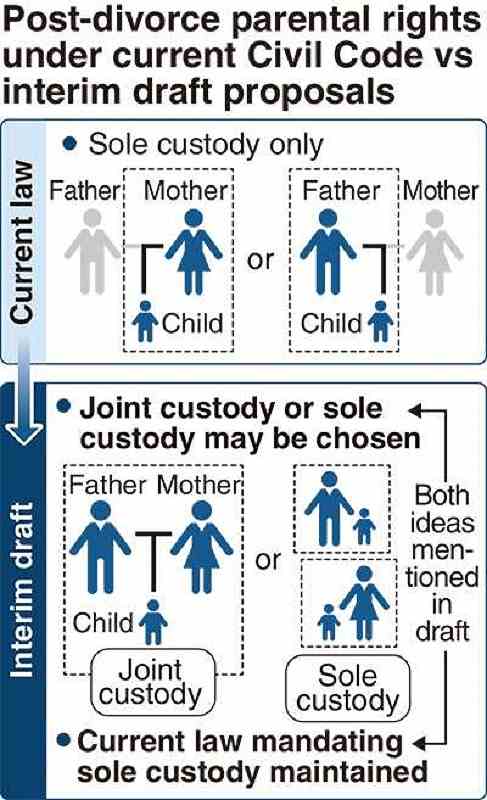Posted inQuestion about Japan
Why is there no joint custody in Japan?
Japan's custody laws have come under scrutiny due to the lack of joint custody after divorce or separation. The article explores the historical and cultural reasons behind Japan's current custody laws, including a strong belief that children should be raised by their mothers, biased family courts, and a lack of legal framework for joint custody. The impact on children, mothers, and fathers is also discussed, with potential solutions including legal reforms, greater emphasis on mediation and dispute resolution outside of court, and increased awareness about the benefits of joint custody.





